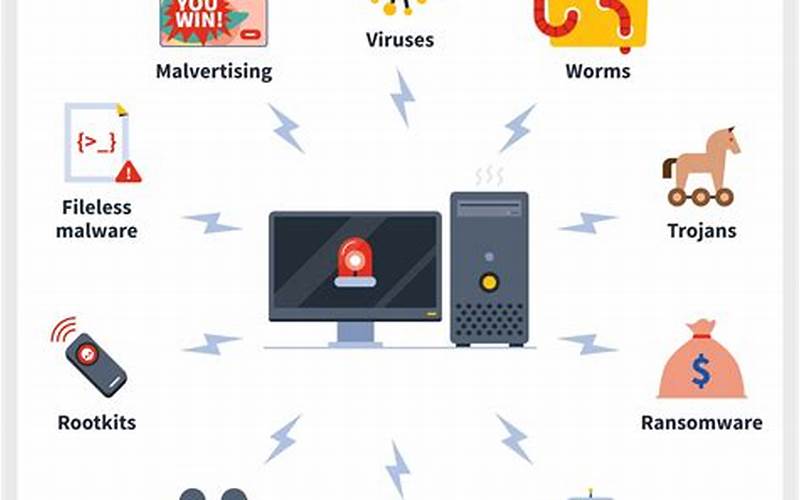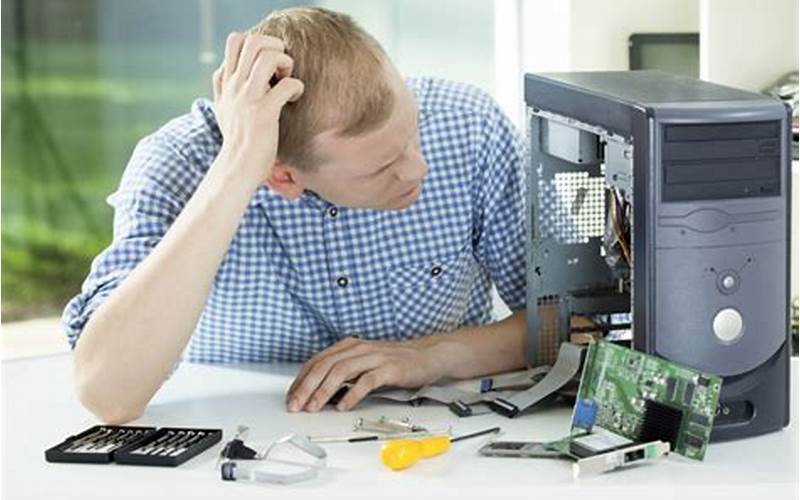Introduction
 Source: tse1.mm.bing.net
Source: tse1.mm.bing.netHave you ever experienced your computer suddenly slowing down? It can be frustrating, especially when you're in the middle of an important task. In this article, we will explore the various reasons why your computer may slow down unexpectedly and provide some effective solutions to fix it. So, let's dive in and discover how to regain the speed and efficiency of your computer!
1. Overloaded System Resources
 Source: tse1.mm.bing.net
Source: tse1.mm.bing.netOne common reason for a sudden slowdown in your computer's performance is due to overloaded system resources. When your computer is running multiple programs or tasks simultaneously, it requires more resources such as CPU power, memory, and disk space. If these resources are insufficient for the workload, your computer may slow down significantly.
To check if overloaded system resources are the cause, open your Task Manager (press Ctrl+Shift+Esc) and observe the CPU, memory, and disk usage. If any of these resources are consistently at or near 100%, it's a clear indication that your computer is struggling to keep up with the demand.
2. Insufficient RAM
 Source: tse1.mm.bing.net
Source: tse1.mm.bing.netAnother factor that can contribute to sudden slowness is insufficient RAM (Random Access Memory). RAM is a crucial component of your computer's performance as it temporarily stores data for quick access by the processor. If you have too many programs or browser tabs open, and your RAM is limited, your computer will struggle to allocate enough memory to each task, resulting in decreased performance.
To check your RAM usage, open your Task Manager and navigate to the Performance tab. Look for the Memory section, where you can see how much RAM is being used. If it is consistently close to or at maximum capacity, upgrading your RAM may be necessary to improve your computer's speed.
3. Malware or Virus Infections
 Source: tse1.mm.bing.net
Source: tse1.mm.bing.netMalware or virus infections can significantly impact your computer's performance. These malicious programs can run in the background, consuming valuable system resources and causing your computer to slow down. Additionally, some malware may even modify system settings, leading to further performance issues.
To address this issue, it is essential to run a full system scan using reliable antivirus software. Ensure that your antivirus software is up to date and perform regular scans to detect and remove any malware or viruses. Additionally, practicing safe browsing habits and avoiding suspicious websites and downloads can help prevent future infections.
4. Fragmented Hard Drive
 Source: tse1.mm.bing.net
Source: tse1.mm.bing.netOver time, your computer's hard drive can become fragmented, meaning that files are scattered across different physical locations on the disk. This can lead to slower read and write speeds, resulting in decreased overall performance. If your hard drive is heavily fragmented, it may take longer for your computer to access and process data, causing a sudden slowdown.
To address this issue, you can use the built-in Disk Defragmenter tool on Windows or third-party defragmentation software to reorganize your files and optimize disk performance. Running regular disk defragmentation can help improve the speed and responsiveness of your computer.
5. Outdated Software or Operating System
 Source: tse1.mm.bing.net
Source: tse1.mm.bing.netUsing outdated software or an operating system can also contribute to a sudden slowdown in your computer's performance. Older software versions may contain bugs, compatibility issues, or security vulnerabilities that can impact system performance. Similarly, an outdated operating system may lack essential updates and optimizations.
To avoid such performance issues, regularly update your software and operating system. Enable automatic updates whenever possible to ensure that your computer remains up to date with the latest patches, bug fixes, and enhancements. This simple step can significantly improve your computer's speed and security.
6. Too Many Startup Programs
 Source: tse1.mm.bing.net
Source: tse1.mm.bing.netWhen you turn on your computer, it often launches several programs automatically. While some startup programs are necessary, having too many can slow down your computer's boot time and overall performance. Each of these programs consumes system resources, including CPU power and memory, even if you're not actively using them.
To manage your startup programs, open the Task Manager and navigate to the Startup tab. Here, you can see a list of programs that launch at startup. Disable any programs that you don't need to start automatically to free up system resources and improve your computer's speed.
7. Overheating
 Source: tse1.mm.bing.net
Source: tse1.mm.bing.netOverheating can also cause your computer to slow down unexpectedly. When your computer's internal components, such as the CPU or graphics card, become too hot, they may throttle their performance to prevent damage. This thermal throttling can significantly impact the speed and responsiveness of your computer.
To address overheating, ensure that your computer is adequately ventilated. Keep vents and fans clean from dust and debris, and avoid blocking airflow around your computer. If necessary, consider using cooling pads or external fans to assist with heat dissipation. Additionally, monitoring your computer's temperature using software can help you identify any potential overheating issues.
8. Hardware Issues
 Source: tse1.mm.bing.net
Source: tse1.mm.bing.netIn some cases, sudden computer slowdowns may stem from hardware issues. Faulty hardware components, such as a failing hard drive or a defective RAM module, can cause performance problems. It's essential to diagnose and address any hardware issues promptly to restore your computer's speed.
If you suspect hardware issues, consider running hardware diagnostic tests. Many manufacturers provide diagnostic tools that can help identify faulty components. In case you're unsure or unable to perform these tests yourself, it's recommended to seek assistance from a professional technician.
Conclusion
In conclusion, a sudden slowdown in your computer's performance can be caused by various factors such as overloaded system resources, insufficient RAM, malware or virus infections, fragmented hard drives, outdated software or operating systems, too many startup programs, overheating, or hardware issues. By identifying the root cause and applying the appropriate solutions, you can restore your computer's speed and efficiency.
Post a Comment for "Computer Slow Suddenly: What Causes It and How to Fix It"